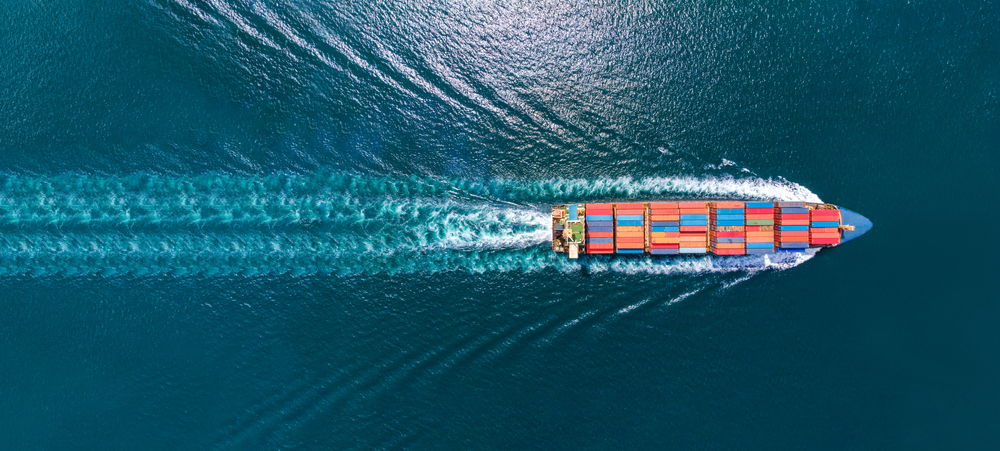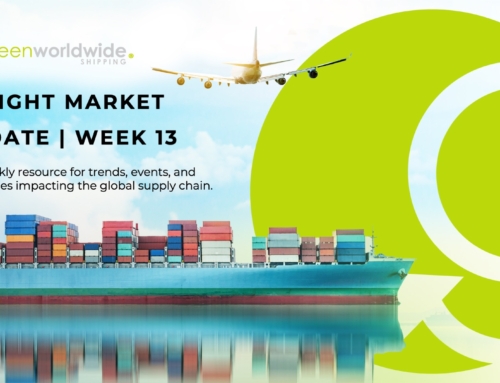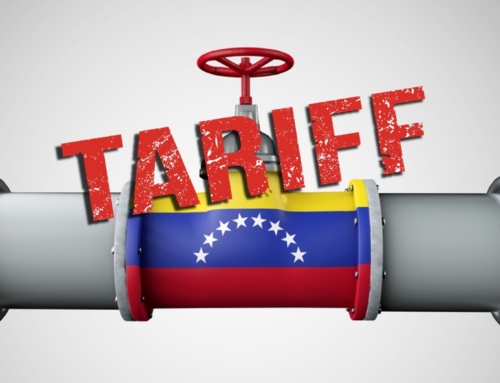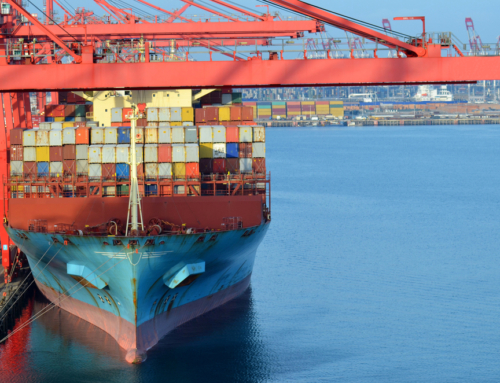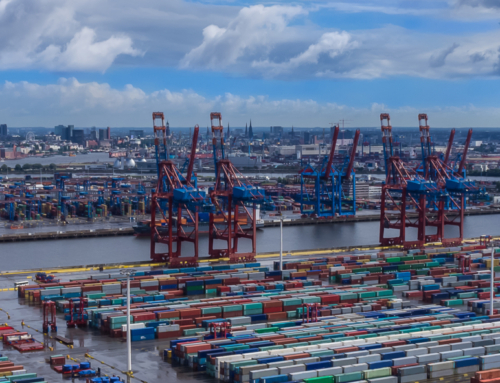ZEMBA RFI REPORT
As more companies and governing agencies seek to reduce GHG emissions, the ocean shipping industry faces the challenge of reducing emissions. The sector, responsible for approximately 2-3% of global greenhouse gas emissions, to decarbonize, has an array of e-fuel solutions now under consideration. To accelerate this shift, the Zero Emission Maritime Buyers Alliance (ZEMBA), in partnership with Lloyd’s Register Maritime Decarbonization Hub, launched a comprehensive Request for Information (RFI) in May 2024 that explores the near-term feasibility of zero-emission fuels in shipping.
KEY RFI FINDINGS
The RFI, which engaged 32 fuel suppliers and 15 ship operators, garnered an insightful overview of the current state and projections for e-fuels within the maritime industry. The RFI’s results, released in an October 2024 Report (Report), suggest the initial commercial deployment of e-fuels could begin by 2027, signaling potential advancements toward reducing container shipping emissions. The Report provides a roadmap to inform ZEMBA’s upcoming tenders, focusing on the availability of e-fuel-powered services by 2027.
E-Fuel Production and Market Readiness
According to survey respondents, commercial e-fuel deployment is expected to be viable between 2027 and 2028, with some projections for limited availability as early as late 2026. The aggregated data indicates a significant production of 391,000 metric tonnes of heavy fuel oil equivalent (tHFOe) in 2027. E-fuel types such as e-ammonia, e-methanol, and e-methane are anticipated to play a crucial role in this initial phase, with e-methanol emerging as a leading candidate due to both projected availability and compatibility with the existing container shipping fleet.
Availability of E-Fuel-Capable Vessels
The Report projects that by 2027, there will be substantial growth in e-fuel-capable vessels across the container segment, with an estimated 985,700 TEU capacity ready to deploy. Specifically, e-methanol-capable vessels are expected to reach 68 units, while e-methane and e-ammonia-capable vessels lag in both numbers and readiness. This alignment suggests that ZEMBA’s focus on e-methanol for its next tender could open viable pathways to scale zero-emission shipping within the container segment.
Challenges and Gaps in E-Fuel Development
While the Report emphasizes a promising outlook for e-fuel production, a considerable portion of the projects remain in pre-final investment decision (pre-FID) stages, with only 15% achieving FID status. This pre-FID bottleneck indicates potential delays due to financial or infrastructural hurdles. While ship operators have sufficient interest in e-fuels, alignment on fuel type and vessel availability remains challenging, particularly for e-methane and e-ammonia.
ADDRESSING INFRASTRUCTURE AND DEMAND
Transitioning to e-fuel-ready vessels presents both opportunities and logistical challenges. The Report suggests that by 2027, nearly 985,700 TEU of e-fuel-compatible container vessels could be operational, primarily powered by e-methanol. With an estimated 68 e-methanol-ready ships expected within this timeframe, these vessels may serve as a foundation for the industry’s early zero-emission services.
UNDERSTANDING E-FUELS
E-fuels, in the context of this article, refer to fuels made from e-hydrogen, which is produced through water electrolysis using low- or zero-emission electricity from renewable sources like wind or solar power.
In the maritime sector, key e-fuels include e-hydrogen, e-ammonia, e-methanol, and e-methane. E-methanol (CH₃OH) and e-methane (CH₄) require CO₂ for production, making it important to assess their lifecycle emissions (LCA) and address sustainability concerns. Potential CO₂ sources include Direct Air Capture (DAC) and sustainable, waste-based carbon sources.
E-ammonia is a carbon-free option, but safety concerns and the potential release of nitrous oxide (N₂O) must be resolved before it can be widely used on ships.
The Report also acknowledges a bottleneck in the development of e-fuel production, as only 15% of surveyed projects have reached the final investment decision (FID) stage. ZEMBA’s strategy, however, aims to address such barriers by consolidating demand, which could help stimulate additional investment and support the development of both production and infrastructure. The projected e-fuel volume is expected to meet ZEMBA’s anticipated demand for 2027 and beyond.
STRATEGIC APPROACH TO E-METHANOL
In response to the findings, ZEMBA plans to center its next tender on e-methanol-powered services, reinforcing demand for zero-emission shipping within a high-usage segment. This approach is expected to promote adoption across the maritime industry, addressing both environmental and operational considerations.
ABOUT ZEMBA
The Zero Emission Maritime Buyers Alliance (ZEMBA) was founded to promote zero-emission solutions in the maritime sector. The Alliance connects climate-conscious cargo owners and logistics providers, leveraging scale to facilitate sustainable shipping. Supported by the Aspen Institute’s Energy and Environment Program, ZEMBA’s founding members, including Green Worldwide Shipping, are committed to advancing sustainable practices across global supply chains.
ABOUT GREEN WORLDWIDE SHIPPING
Green Worldwide Shipping® is a private, wholly owned and independent third-party logistics firm founded in 2008 on the basic principles of respect, dedication, and best-in-class customer service. Green’s growing team of supply chain experts are located in 16 offices across the U.S. and offer global services for ocean shipping, airfreight, customs brokerage, regulatory trade compliance, warehousing, distribution, project cargo and global supply chain visibility for some of the world’s leading international brands.
MAKE YOUR FREIGHT MATTER
Choose Green Worldwide Shipping® and a tree will be planted for every one of your shipments. Contact us to get started today!
To discover more about Green Worldwide Shipping’s commitment to sustainability, visit https://www.greenworldwide.com/sustainability/

